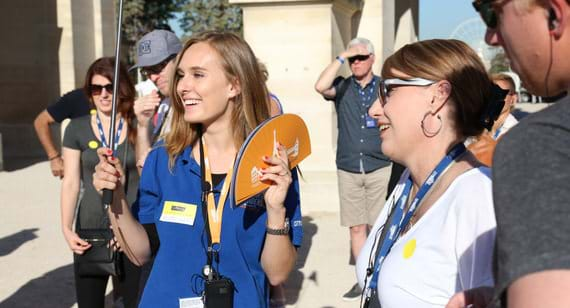One of the highlights of our Louvre Evening Tour with Wine Tasting Tour is the expertise and passion of Aurélien Gudimard who is the Sommelier at Les Caves du Louvre. There is very little he does not know about wine and he obviously takes pleasure in his job. We interviewed him recently about his experience in order to get a better picture of the fascinating world of wine.
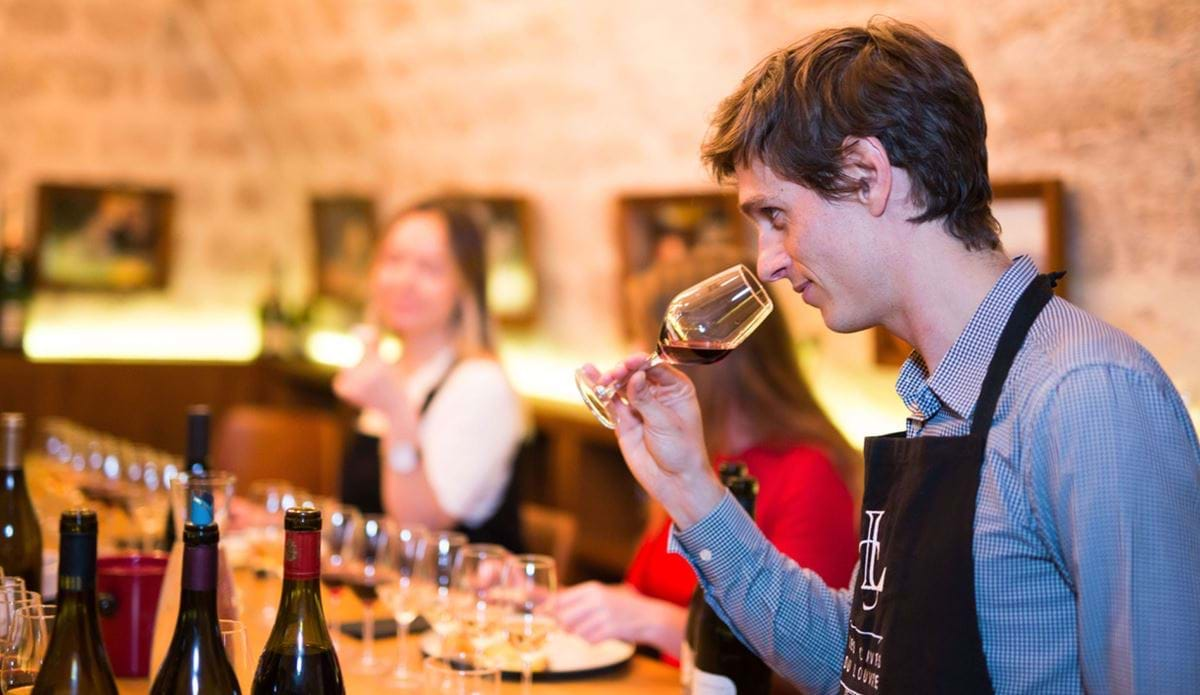
Aurélien hard at work
1. What is the goal of a Sommelier?
Usually, you will find a definition of a Sommelier as "someone whose job is to serve and give advice about wine in a restaurant". Here, at Les Caves du Louvre, the role of the Sommelier is a bit wider. First, we are not a restaurant! So, a Sommelier can actually work in a different environment. Also for me, a Sommelier is a person who has knowledge about wine and can help people to fully understand a complicated product.
2. How did you get started as a Sommelier and how did you learn?
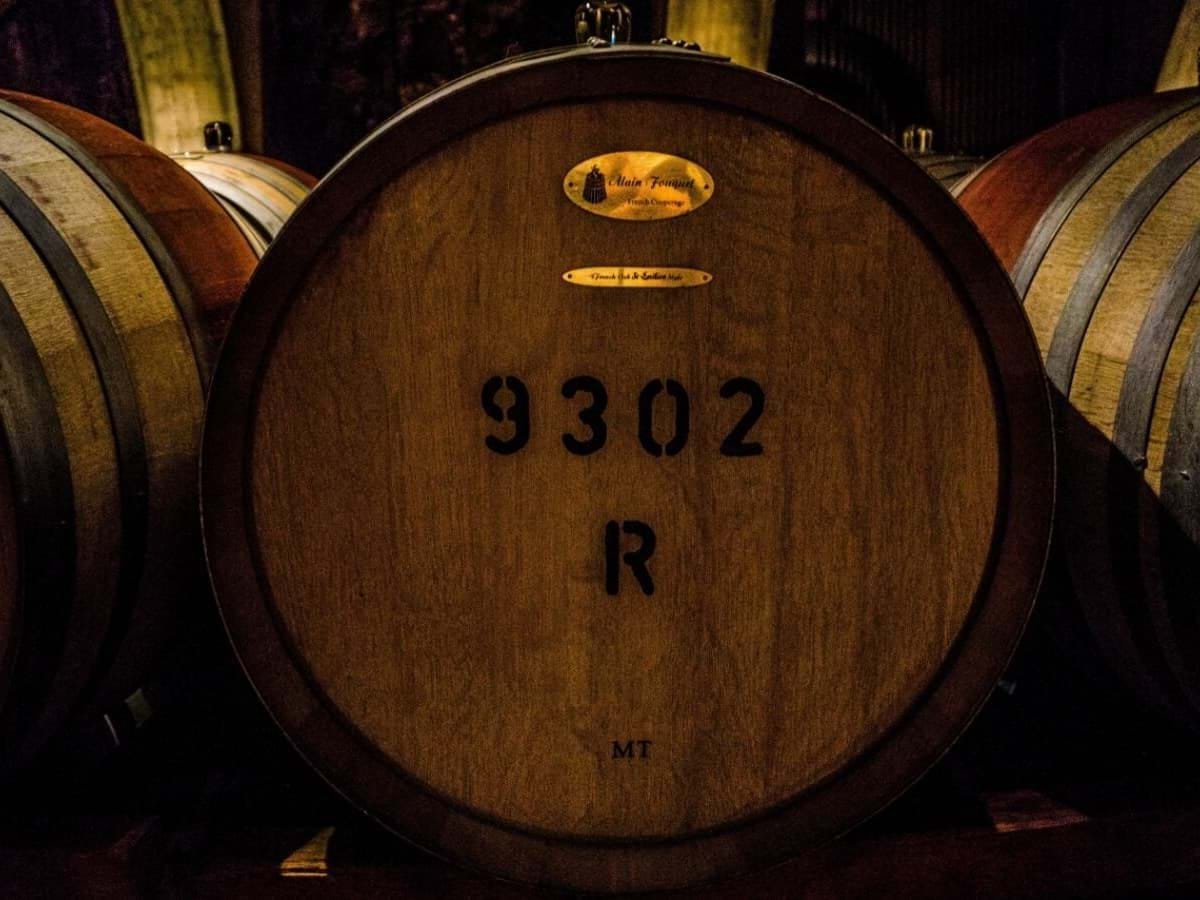
I didn’t set out to work as a Sommelier. I had very different studies. I was in a business school with a specialty in Marketing and Sustainable Development. The first time I began to work in the wine industry was during my first job as a Communication Project Manager. This was for a large winery in the South of France and this was where I fell in love with the product.
I was fascinated by the fact that it was a natural product coming from the ground that you transform and sell. In this winery, I found people working in the vines, winemakers and also the team selling the wine around the world. I was in contact with amazing Winemakers and Maître de Chai, or cellar masters as they are known. This experience made me want to stay in the business. So I decided to train myself, to taste more wines, to travel for wine and here I am!
3. What are some of the major wines that you have and how are they different from others?
At Les Caves du Louvre, you will find mainly wines from France. That’s why people are coming to us, to discover French wines. We have also a small selection of wines from abroad for those who want something different. We love to work with small wineries and to find wines that are unique, so people can discover when they come. We have also a large selection of organic and biodynamic wines.
4. How do you analyze something like a wine which is a very subjective experience?
That is a complex question. When you taste a wine, there is always a subjective view to be aware of. Does it fit my taste? I know myself and I have types of wines that I prefer. But when the time comes to taste a wine, I do not judge what I like. I look more for specificities: is the wine clean? In the mouth, does it follow a regular path? How long does it stay in the mouth? The idea is to judge its general quality, to see if it has a balance. I have some wines I choose that are not my taste! Our work is to try to distinguish our own taste from the particular quality of the wine.
5. What is your favorite terroir for wine?
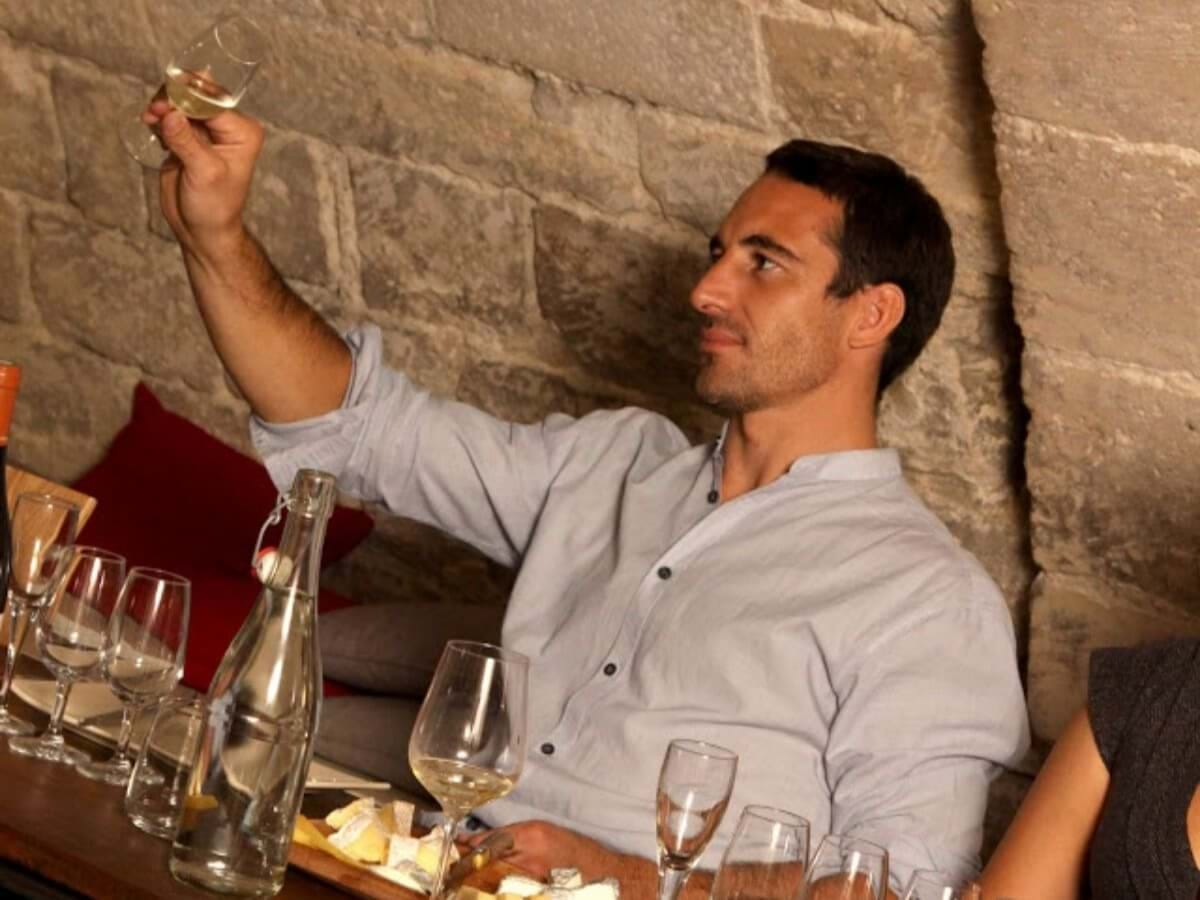
Now here is something very subjective indeed! The best depends on your own taste. If you like those full-bodied, earthy and intense red wines, I will suggest Bordeaux. However, if you prefer reds that are more rich, concentrated and spicy, I would point you towards the Rhône Valley. So it depends on you and on what you are looking for.
Myself, I love whites from Bourgogne (Burgundy) and reds from the North Valley. That’s my own taste! But if you like rich and bodied red wines, try to explore wines from the Languedoc in France. You will find some of the best quality and prices that France can offer!
6. What has been the biggest change in the wine world since you started your career?
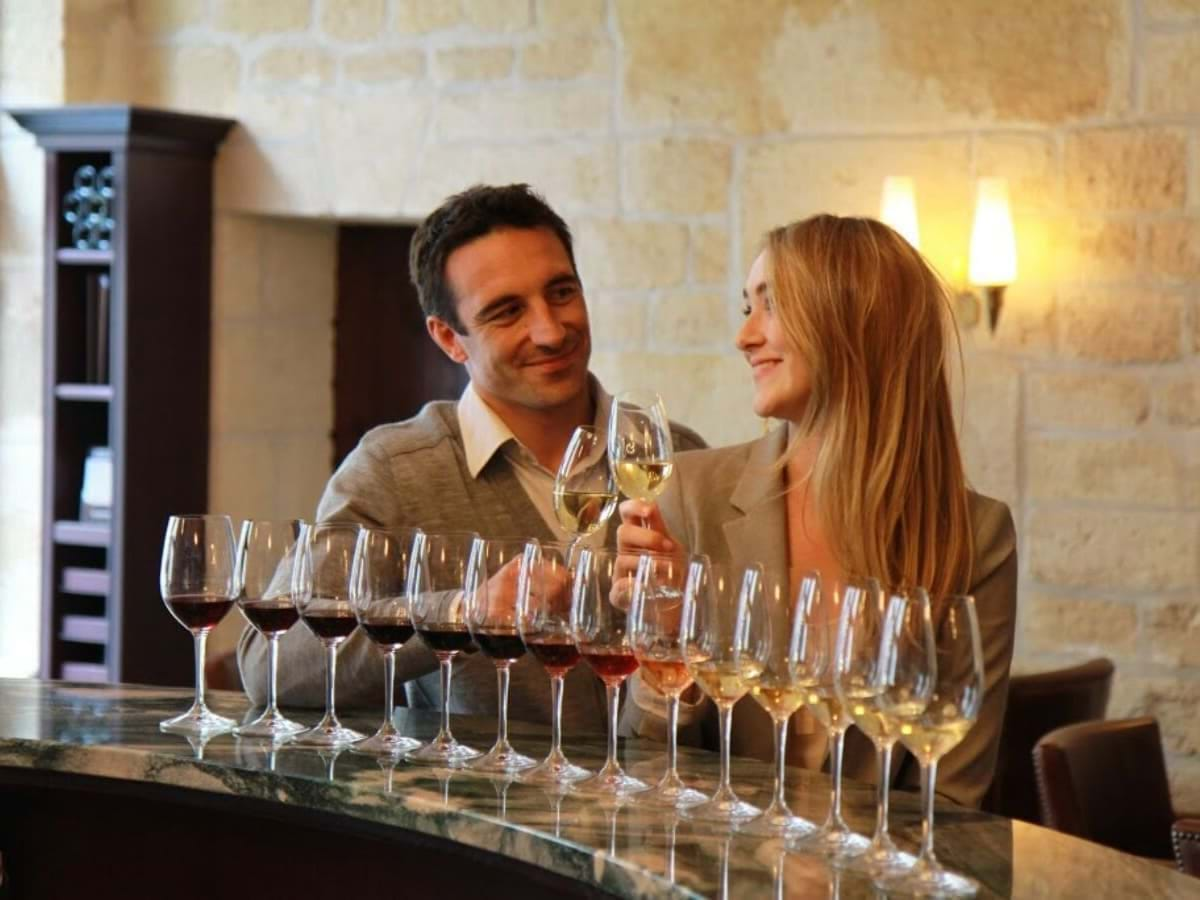
Organic and Biodynamic wines are becoming more mainstream. I exaggerate when I say mainstream, but we see on the market more and more organic, biodynamic and even natural wines. This is following the trend for people wanting to know more about what they drink and what they eat. This a big movement. In France, we have around 10% of our lands that are Organic/Biodynamic. In the last 10 years, this has risen from about 2%.
7. What are the qualities to look for when purchasing a wine?
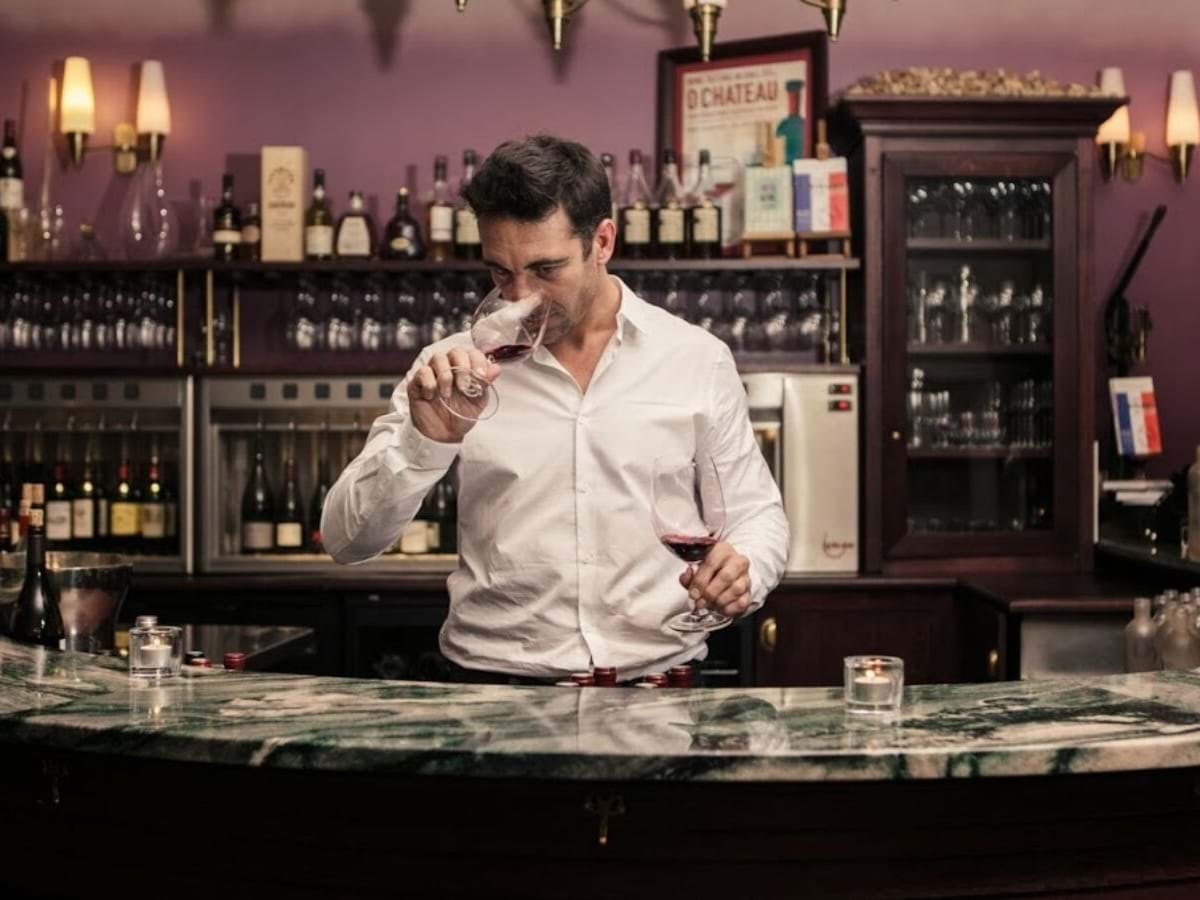
I love to discover new wines so that’s the first thing I am looking for. If I see something different, I will be tempted. I love to discover! In general, I tend to drink more whites. I like them because they have both complexity and freshness.
8. What is the oldest wine you have tasted and what was it like?
The oldest wine I have ever had was a Rivesaltes from 1875! I was very lucky. A family had kept wines in barrels for all those years to age. I had the chance to be there in order to immortalize the bottling of those unique bottles. We worked with six vintages from 1914 to 1875.
Rivesaltes wine is a fortified wine. It’s like a port but from the Roussillon in the south of France. Surprisingly, the wine was full of freshness with incredible complexity. It had a torrefied aroma like chocolate or coffee. With a dark chocolate cake, it will be a must!
9. What is your favorite wine?
I am more a white wine man in general. However, when the time comes to choose my favorite, it’s a red I go for. I love wines from the northern part of the Rhône Valley and especially from Côte-Rotie! Those wines are made with Syrah grape (same as Shiraz), and sometimes with a tiny touch of Viognier grape. I love their richness and concentration. They have a complexity, spiciness and elegance which I adore. You should wait a few years before opening one, but what a pleasure!
10. What tips do you have for someone going to their first wine tasting?
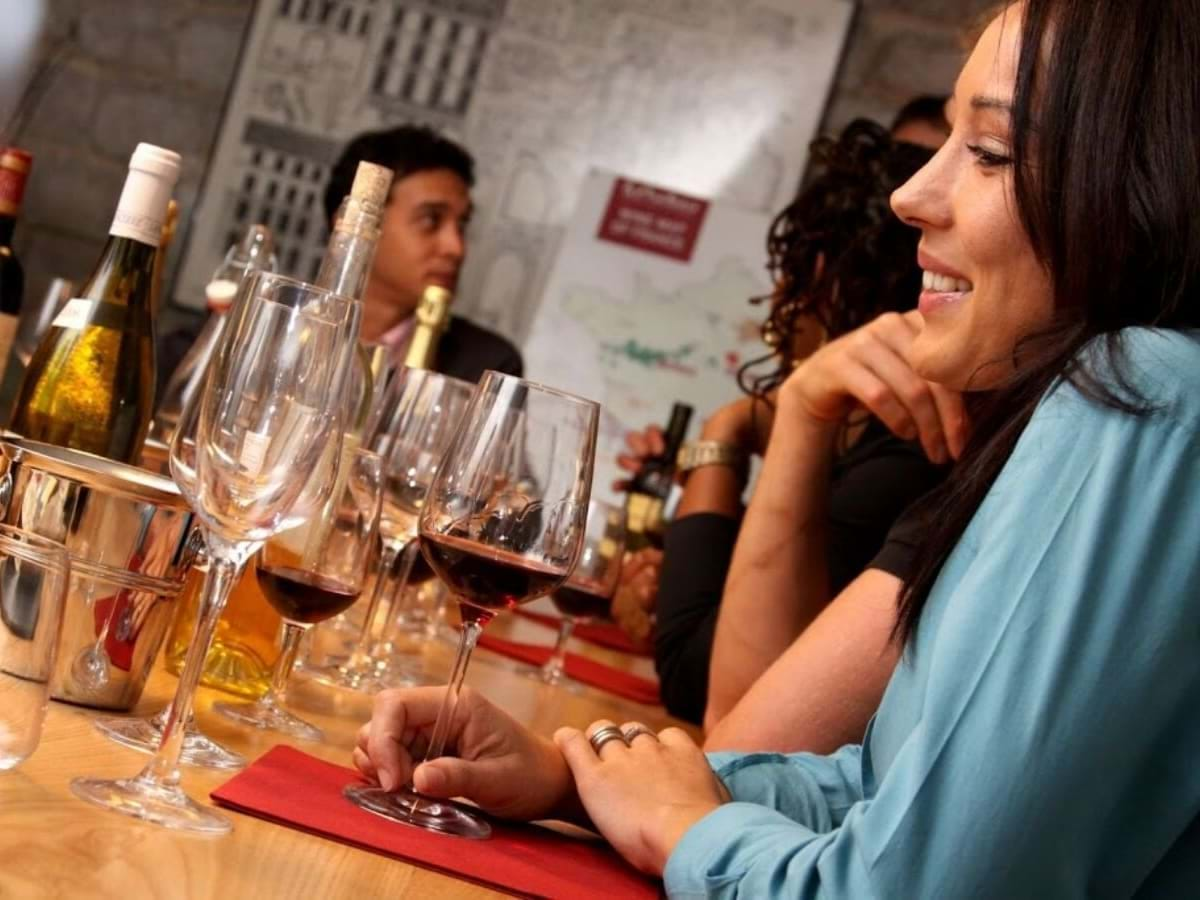
First, don’t be afraid! A lot of people are afraid when they do a tasting for the first time. They always say, “I don’t know anything about wines”, “I don’t know how to talk about it” or even “I have silly questions”.
Forget about using the associated jargon. You can talk about what you feel when you taste a wine with simple words. It’s the job of the Sommelier to understand you! And keep in mind, there is no such thing as a silly question, but there are silly answers!


